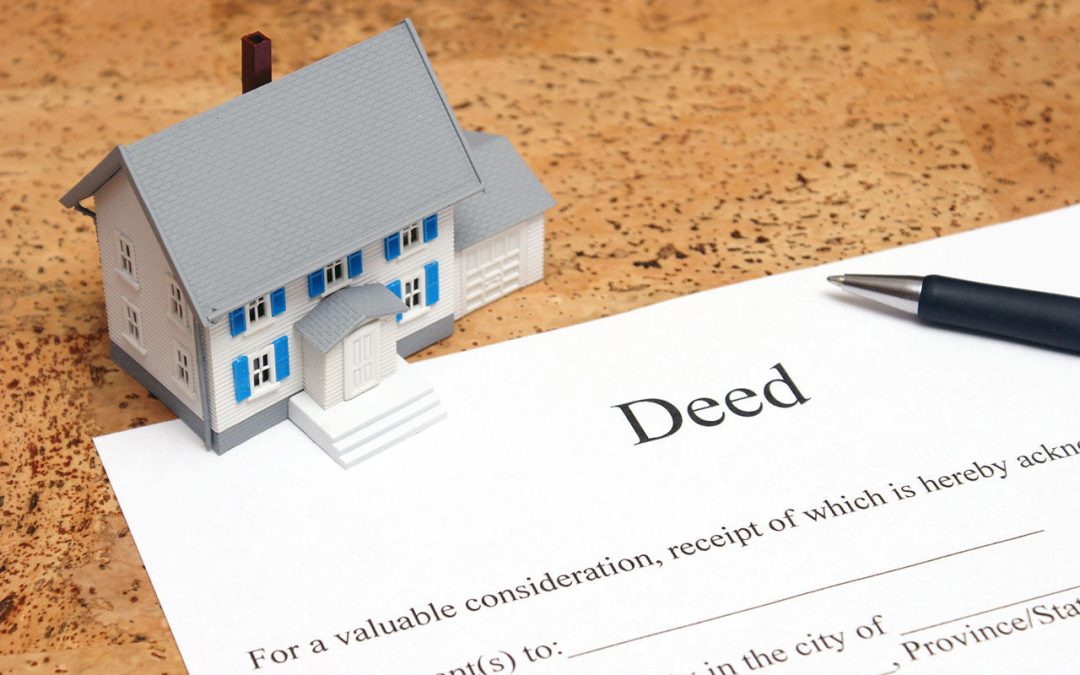You’ve decided you’re ready to invest – but the decision process doesn’t stop there.
Houses, units, apartments, townhouses, new builds, existing builds – where should you put your money?
Purchasing any property is a highly considered process. In previous years, houses were considered the best purchase, with apartments and units only really an option for those on a lower budget.
Today, however, this is a thing of the past as the Australian property market continues to thrive, attracting overseas investors, infrastructure evolution and changing living situations.
So what should you invest in?
Deciding whether an apartment or house is the right purchase for you all depends on your budget, strategic goals and the current market.
With any major financial purchase, it’s important to look beyond your personal preference to the overall environment. You need to set your feelings aside and look at the property purchase as a rational financial transaction to ensure you’re spending your money wisely.
By focusing on economic indicators such as auction clearance rates, interest rates and median purchase prices, you can develop a solid strategic plan.
But you shouldn’t do it alone. Seeking professional assistance from real estate agents, mortgage brokers and financial planners is critical as it allows you to properly evaluate this information and apply it to your goals.
What is the best type of property to invest in?
When considering investment opportunities, it’s important to look at the facts. There are three important indicators that need to be considered before purchasing an apartment or house:
- Economic Factors – understanding key economic drivers such as cash and interest rates, clearance and vacancy rates, demographics and employment figures will help illustrate how the market is currently performing, as well as give you an idea of what may happen in the future.
- Supply and Demand – how many apartments are on the market currently compared to the number of houses? Which are leasing faster? Are house prices increasing faster than apartments or vice versa? By understanding these factors, as well as any developments in the area, you are able to determine whether there is an oversupply or undersupply in a particular location.
- Affordability – understanding the affordability of a property will ensure you are not over or under-capitalising on your purchase. Rental yield is also an important factor to consider for the affordability of prospective tenants.
What are the advantages of investing in an apartment?
- Generally a cheaper purchase price
- Often located in highly sought-after inner city or beachside locations
- Strata maintenance assists in the upkeep and maintenance of your property
- Higher levels of rent relative to the purchase price provides investors with a better yield
- When investing in apartments, you’re often able to hold more property over the long term due to lower purchase and maintenance costs
What are the advantages of purchasing a house as an investment property?
- More privacy for tenants – often attracting higher rental prices
- More scope for renovations when looking to add value quickly, without the need for signoff from strata or body corporate
- Ownership of appreciating land
- Can be more resilient to market changes
What are the disadvantages of purchasing an apartment as an investment property?
- Restrictions on pet ownership can turn away tenants
- Upgrades and renovations can be restricted
- Fewer facilities including pools, backyards and outdoor areas
What are the disadvantages of investing in a home?
- Maintenance of grounds including gardens and pools
- No strata or body corporate to assist with building maintenance or compliance
What type of property is the best to invest in?
Ultimately, there is no clear winner when deciding between houses or apartments. Instead, the key is to assess each opportunity on a case-by-case basis, determining which is the right purchase for you.
Need help deciding? That’s where we come in. To find out more about whether an apartment or home is the right investment for you, contact our team on (02) 9095 6888 or [email protected]






